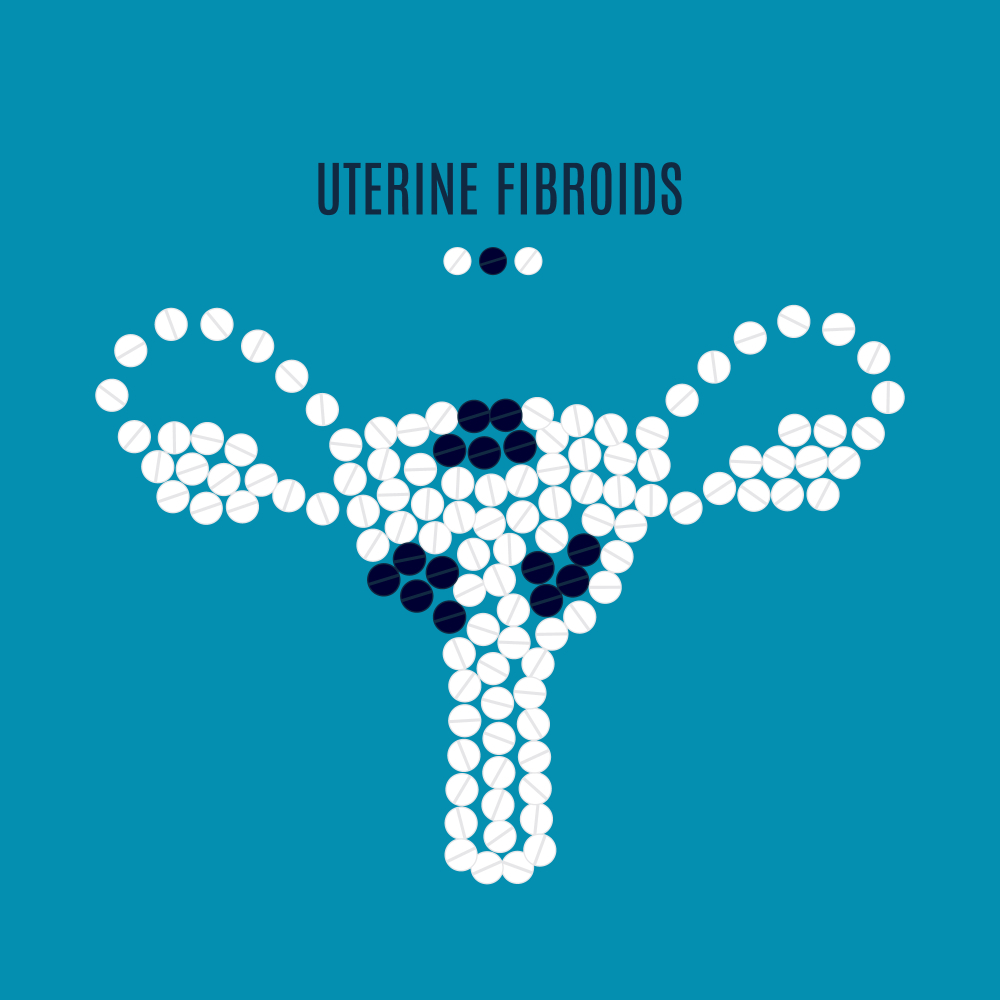Studies show that 30-40 percent of women between the ages of 35-40 have fibroids. While genetic and environmental factors are thought to be effective in the formation of uterine fibroids, it is often emphasized by experts that the treatment should not be delayed.
Fibroids are called benign tumors originating from smooth muscle tissue seen in and around the uterus. The size of uterine fibroids can vary between 1-15 cm and can be seen in an average of 30-40% of women aged 35-40.
Effect of estrogen on uterine fibroids
Although the exact cause of uterine fibroids is not known, scientific studies show that estrogen causes fibroids to grow. Estrogen levels in the body can increase or decrease depending on the natural course of the body. For example; Estrogen levels increase during pregnancy and decrease during menopause. Some medications also cause changes in estrogen levels. In addition, environmental and genetic factors are thought to have an effect on this issue.
Health problems caused by fibroids
- Prolonged and excessive menstrual bleeding, intermittent bleeding,
- Frequent urination during the day, as well as constipation,
- Anemia, easy fatigue and weakness due to excessive and prolonged bleeding,
- Abdominal enlargement, bloating, palpable masses,
- Infertility,
- Recurrent miscarriages.
Although it is very rare, the risk of developing cancer is seen in patients with uterine fibroids. Especially when sudden growth is detected in fibroids after menopause, this may raise suspicion of cancer. However, this probability is only five per thousand.
Fibroids may not cause symptoms, so do not delay your gynecological examination!
Fibroids usually do not cause any symptoms. It can be detected incidentally during examination. However, in cases where the disease progresses, symptoms such as excessive menstrual bleeding, frequent urination, enlargement and swelling in the abdomen, and pain in the coccyx during menstrual periods may occur. For this reason, it is very important to have a regular gynecological examination every year after the age of 35.
Some medications can shrink fibroids before surgery
Some drugs used in the treatment can suppress egg production and cause a temporary menopausal effect, thereby shrinking fibroids. This application is generally used to shrink fibroids and reduce bleeding before surgery. The size, number, location, age of the patient and pregnancy planning determine the type of surgery.
Permanent and definitive treatment is possible with closed surgery
Myomectomy is the process of removing the fibroid from the uterine wall. It is an approach that protects the uterus in patients who want to have a child. It can be performed by laparoscopic or open surgery, which is popularly known as closed surgery. Myoma surgeries can now be performed as closed. Operations performed through a few holes opened by entering the patient’s abdomen with special instruments provide important privileges to the patient compared to open surgery.
- It shortens the length of stay in the hospital.
- It reduces the risk of bleeding, infection and hernia.
- It minimizes the risk of intra-abdominal adhesions.
- Less pain is seen.
- It provides recovery in a short time.

